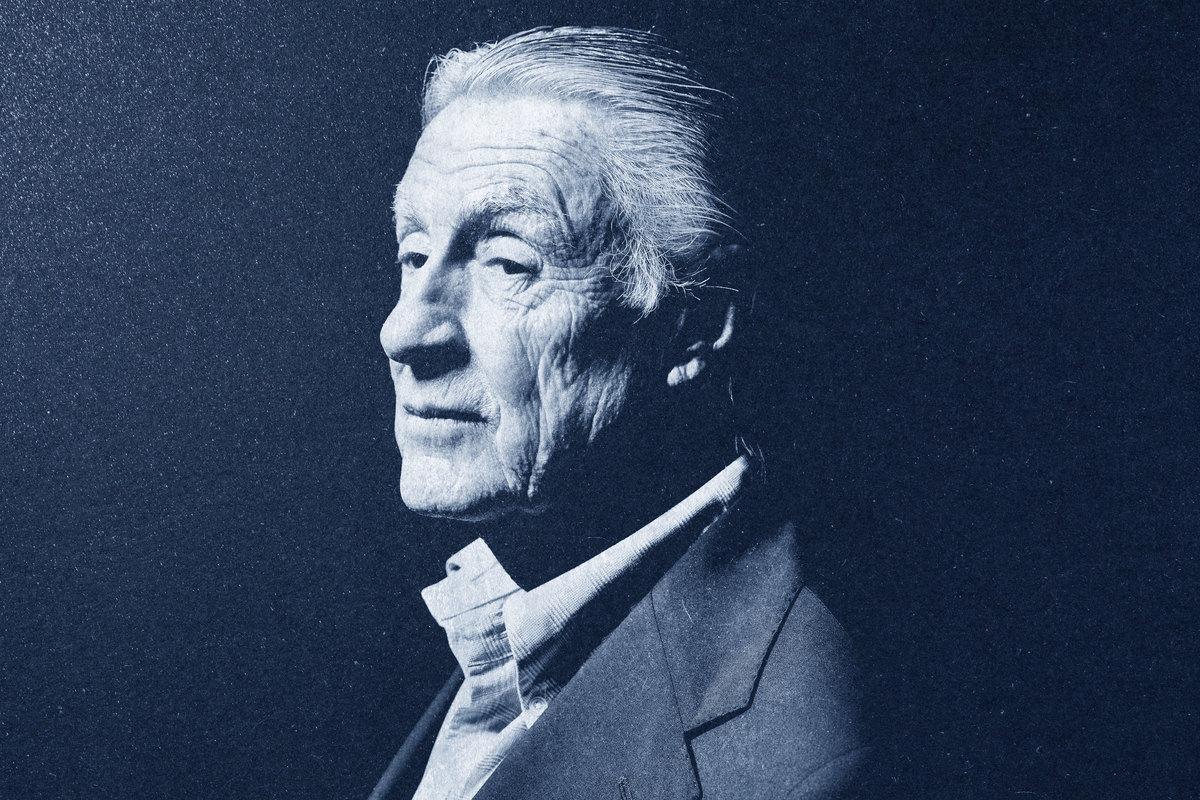
Joel Schumacher, the veteran Hollywood director whose death, at 80, from cancer, was announced Monday afternoon, was a critically polarizing but impressively durable blockbuster guy back when lots of different kinds of movies got to be blockbusters. A Maximum ’80s coming-of-age drama (1985’s St. Elmo’s Fire). A teen vampire epic (1987’s The Lost Boys) long before teen vampire epics were cool. Blustery, John Grisham–adapted courtroom dramas (1994’s The Client and 1996’s A Time to Kill) back when blustery courtroom dramas were cool. Superhero movies (1995’s Val Kilmer jam Batman Forever and 1997’s George Clooney turkey Batman & Robin) way before superhero movies were cool, or at least way before the only blockbusters were superhero movies.
He did gritty thrillers, too, be they sci-fi scare-fests like 1990’s Flatliners or hard-boiled action melodramas from 1993’s Falling Down (Michael Douglas gets fed up) to 1999’s 8mm (Nicolas Cage gets in too deep) to 2002’s Phone Booth (Colin Farrell gets into a phone booth and maybe never leaves). He wasn’t a master stylist or a self-conscious auteur, but whether he was helming 2004’s The Phantom of the Opera or the extra-gritty 2007 Jim Carrey vehicle The Number 23, he kept things on the rails, or more to the point knew when to let a movie jump the rails entirely. Back in 2017, he was still willing to apologize for, say, Batman & Robin, which stunk but at least stunk viscerally. If you only remember Batman’s nipples, at least you remember something.
Schumacher studied interior design at Parsons and started out in Hollywood as a costume designer (Woody Allen’s 1973 robot-butler farce Sleeper jumps the rails on principle), which is one of about 50,000 incredible factoids you will learn in Schumacher’s epic, discomfiting 2019 Q&A with Vulture’s Andrew Goldman. He also boasts offhandedly that he’d had around 20,000 sexual partners, and holds forth on shrewdly casting everyone from Julia Roberts to Corey Haim to Colin Farrell to Brad Renfro (and then watching them grapple with fame when the movies turn out to be blockbusters), and reiterates his opinion that Batman Forever stars Val Kilmer and Tommy Lee Jones were, respectively, “psychotic” and “an asshole.” Critics were often operatically unkind to even his biggest movies, but Schumacher had some blunt Zen wisdom on this topic, as well:
Siskel and Ebert were so outraged by St. Elmo’s Fire they did it two Sundays in a row. I was watching it, and I think I was getting dressed to go out or something, and I thought it was hilarious. They were in such umbrage about the behavior of these young people. And then they went into, “Well, we both were in college, and nothing like this ever happened in college.” And I screamed at the TV, “This movie’s about people who got laid, okay?”
Schumacher’s last film was 2011’s extra-extra-gritty Trespass, a home invasion thriller starring Cage and Nicole Kidman, that is fearless in its flamboyance such that its 10 percent rating on Rotten Tomatoes stands as a badge of honor. Not all badges need be honorable, of course. If you want a one-movie primer—and a hint of how the blockbuster mentality used to work, anyway—I heartily recommend A Time to Kill, an overstuffed mid-’90s delight starring a young Matthew McConaughey (casting!) and so faithful to the wilding-out John Grisham novel that it packs 10 hours of Maximum Courtroom Melodrama into, uh, a mere two and a half hours. There is a KKK street riot, there is a sniper attack, there is a ridiculous (but quite memorable!) closing argument. It’s a lot. It’s so much. It’s exactly right. It was never enough. They don’t make movies like it anymore—not at that scale, not with that multiplex-bombarding fearlessness—and now there’s one less fearless guy around who could even conceivably make them.

